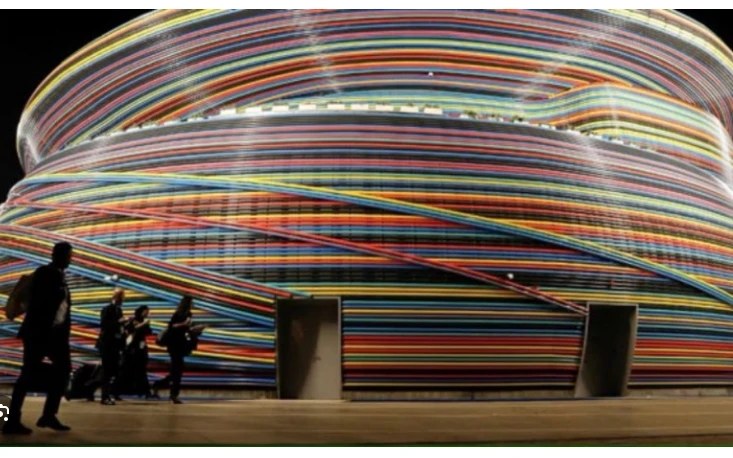COP29 host tells rich nations to break climate stalemate

Stay tuned with 24 News HD Android App

The hosts of this year's UN climate summit urged governments Wednesday to start compromising to break a deadlock over how to help poorer countries tackle global warming.
The COP29 summit in gas-rich Azerbaijan in November is supposed to produce a global agreement on how rich nations should help fund climate investments in developing countries, but negotiations have stalled.
Developing states need massive investments in energy systems to reduce their own carbon footprints while shoring up defences against the effects of global warming.
Yet, poorer nations are the least responsible for carbon emissions but suffer the most from a warming planet.
A crucial diplomatic meeting in Bonn last month ended in bitter stalemate with countries unable to advance an issue that has eroded trust between nations at climate talks for years.
In a letter to the roughly 200 nations signed onto UN climate accords, COP29 president Mukhtar Babayev lamented the absence of "necessary progress" and warned time was running out.
"We clearly need a rapid increase in the pace of our work. Time lost is lives, livelihoods and the planet lost," wrote Babayev, a government minister and former executive at Azerbaijan's national oil company.
"We call on all parties to increase the pace of their work and move on from their early negotiating positions."
- Challenging and complex -
Wealthy nations have been under pressure to commit to new financing targets that go well beyond the $100 billion a year they promised in 2009.
Developing nations excluding China will need to raise their current climate investment budgets 25-fold to about $2.4 trillion a year by 2030, according to an expert assessment commissioned by the UN, nearly 25 times present levels.
Negotiators are nowhere near agreeing on a dollar aid figure, with negotiations bogged down over who should pay, what form the money should take, and who should receive it.
Under a 1992 climate accord, only a small handful of the wealthiest industrialised nations at the time were obligated to pay climate finance.
But some want the pool of contributors widened, most notably to include China, which is today vastly wealthier than thirty years ago, and the largest emitter of greenhouse gases.
This has been a non-starter for developing nations, who have accused wealthy countries of trying to shirk their responsibility.
To break the ice, Azerbaijan will host negotiators for an informal two-day retreat starting July 26. They have named two experienced diplomats -- Dan Jorgensen of Denmark and Yasmine Fouad of Egypt -- to help the parties make headway.
Babayev said the impasse would "not be solved by negotiators alone" and called for political leadership on the sidelines to help move discussions toward consensus.
